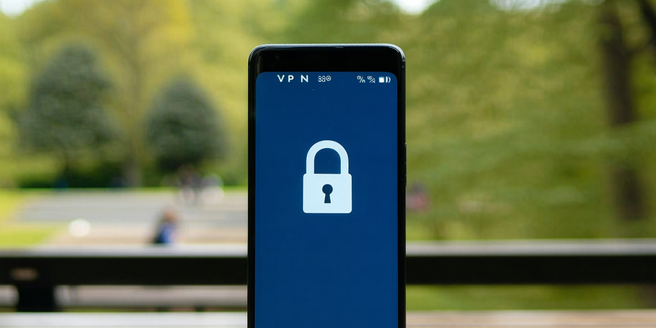Vpns Vs. Firewalls: Network Security

Understanding VPNs and How They Work
Virtual Private Networks (VPNs) are critical tools in enhancing online privacy and security. They create a secure and encrypted connection over a less secure network, such as the internet. This ensures that any data being sent or received is kept private from prying eyes. VPNs work by tunneling your internet traffic through a server operated by the VPN provider, masking your IP address and making you appear as if you are accessing the internet from a different location. This functionality not only secures your data but also allows access to region-restricted content. VPNs are essential for users who prioritize anonymity, evade geo-blocks, or protect sensitive information while using public Wi-Fi. However, it’s important to choose a reliable provider, as the VPN can potentially see your online activity.
Exploring the Functionality of Firewalls
Firewalls serve as a barrier between your internal network and external threats, controlling the incoming and outgoing network traffic based on predetermined security rules. They act as a filter, allowing only legitimate traffic to pass through while blocking malicious traffic. Firewalls can be hardware-based or software-based and are a fundamental component of network security. They safeguard data by enforcing strict security policies, such as blacklisting or whitelisting specific IP addresses or protocols. This helps prevent unauthorized access to private networks and ensures safe data transmission. Firewalls can also monitor traffic to detect suspicious activity and provide alerts about potential security breaches. Effectively managing firewall rules is critical to maintaining optimal network protection, preventing cyberattacks, and ensuring data integrity and confidentiality.
Comparing Security Features of VPNs and Firewalls
While both VPNs and firewalls play vital roles in network security, they offer different functionality. VPNs focus primarily on encrypting data and providing anonymity by hiding users’ IP addresses. They are essential for secure browsing, especially on public networks. In contrast, firewalls enforce security policies to block harmful traffic and prevent unauthorized access. They do not encrypt data but protect the network by monitoring and controlling data packets based on established rules. When comparing security features, VPNs excel in privacy and anonymity, while firewalls offer robust defense against attacks. Each serves unique aspects of cybersecurity, with VPNs enhancing privacy and firewalls maintaining network integrity. For comprehensive security, a combined approach, utilizing both tools, can safeguard against a broader range of threats, ensuring both privacy and data protection.
Use Cases: When to Choose a VPN or Firewall
Choosing between a VPN and a firewall depends on specific security needs. Use a VPN for securing internet connections, protecting privacy, and accessing restricted content. VPNs are ideal for users who frequently use public Wi-Fi or need to bypass geo-blocks for global content access. On the other hand, firewalls are more suited for protecting networks from external threats by preventing unauthorized access and blocking malicious traffic. They are critical for organizations needing to protect their internal networks and servers. In cases where both data privacy and network security are concerns, deploying both VPNs and firewalls offers comprehensive protection. Understanding the distinct use cases helps make informed decisions regarding which tool to implement based on specific security requirements, ensuring both information safety and privacy.
Integrating VPNs and Firewalls for Enhanced Security
Integrating VPNs with firewalls creates a layered security approach that significantly strengthens network protection. While VPNs provide encrypted tunnels for secure data transmission, firewalls act as a protective barrier, managing traffic and preventing unauthorized access. This combination ensures that data remains private and secure while moving through a safeguarded network environment. Organizations benefit from this integration by achieving both end-user privacy and robust network defense. It enables a secure remote work setup, where employees can safely connect to corporate resources over a VPN while the firewall protects internal systems. Strategically aligning these technologies addresses diverse security challenges, providing comprehensive coverage against threats, data breaches, and ensuring compliance with industry standards. A cohesive security strategy involving both tools is indispensable for maintaining optimal cybersecurity.